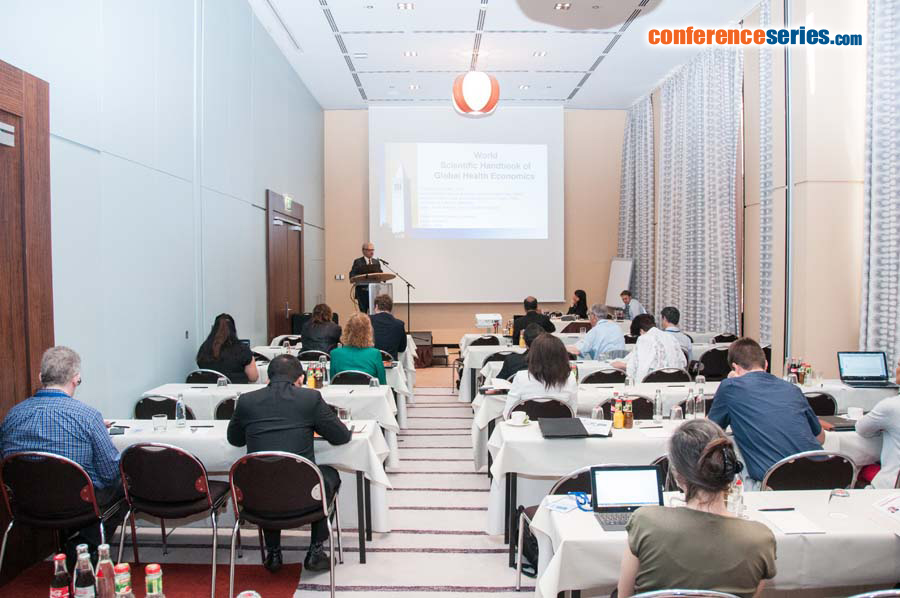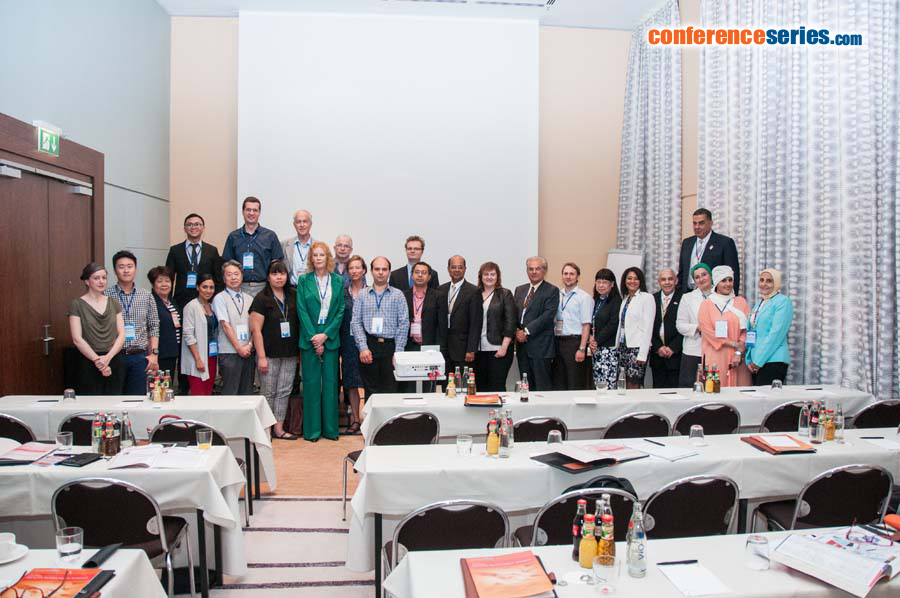
Biography
Biography: Govinda R Timilsina
Abstract
The main sources of energy (coal, oil, and solid biomass) are directly linked to human health. Global health observatory data produced by the World Health Organization shows that ambient air pollution was responsible for 3.7 million deaths in 2012, of which 88% in low and middle-income countries. It was responsible for 16% of the lung cancer deaths, 11% of chronic obstructive pulmonary disease (COPD) deaths, more than 20% of ischaemic heart disease and stroke, and about 13% of respiratory infection deaths. Energy production activities, such as coal-fired power plants and fuel consumption activities, such as urban road transportation, are the primary sources of emissions responsible for ambient air pollution. Similarly, it is estimated that acute respiratory infections, mainly caused by indoor air pollution resulted from biomass and fossil fuel burning is the largest single category of deaths (64%) in children under 5 years of age in developing countries. Indoor air pollution ranks 4th on the global burden of disease risk factors at almost 5%, coming after high blood pressure (8%), tobacco smoking and second-hand smoke (7%), and alcohol use (6%). More than 40% of the global population today still rely on solid biomass fuels (e.g., fuel, wood, charcoal, coal, animal and crop wastes), the main precursors of the indoor air pollution, for cooking and home heating. These statistics indicate the deep nexus between energy supply and human health. Yet, the negative implications for human health are mostly ignored while developing energy supply plans and strategies in developing countries. If the costs to human health caused by an energy supply chain are reflected in the energy pricing system, it could significantly change the energy supply mix world-wide.
Speaker Presentations
Speaker PPTs Click Here



